India and Iran recently signed an agreement to operate Iran's Chabahar seaport, a move that has drawn swift warnings from the United States regarding potential sanctions. The deal, which follows a 2016 agreement between Iran and India to develop the strategically significant port, was signed on Monday amidst growing tensions. While India and Iran have yet to respond to the US warning, the Biden administration emphasized that sanctions on Iran remain in place and any business dealings with Iran could incur risks.
New Delhi and Tehran have inked an agreement aimed at operating Iran's Chabahar seaport, a move that has swiftly garnered attention and concern from the United States. The deal, signed on Monday, comes on the heels of a longstanding agreement between Iran and India dating back to 2016, which outlined plans for the development of the strategically crucial port.
According to reports from Indian media outlet NDTV, the new 10-year agreement between India and Iran regarding the Chabahar port has drawn the ire of the Biden administration. Commenting on the deal, US State Department spokesperson Vedant Patel indicated that while India is entitled to pursue its own foreign policy objectives, US sanctions on Iran remain firmly in place and will be rigorously enforced.
Patel stressed the importance of recognizing the potential risks associated with conducting business dealings with Iran, cautioning that such ventures could leave parties vulnerable to sanctions. He further warned against any expectations of leniency from the United States in this regard.
The warning from the US has placed New Delhi and Tehran in a delicate position, with both countries yet to issue a formal response to Washington's concerns. The development underscores the complex dynamics at play in the region, where geopolitical tensions and strategic interests converge.
As the situation unfolds, observers will be closely monitoring the responses of India, Iran, and the United States, as well as any potential implications for the Chabahar port project and broader regional dynamics.



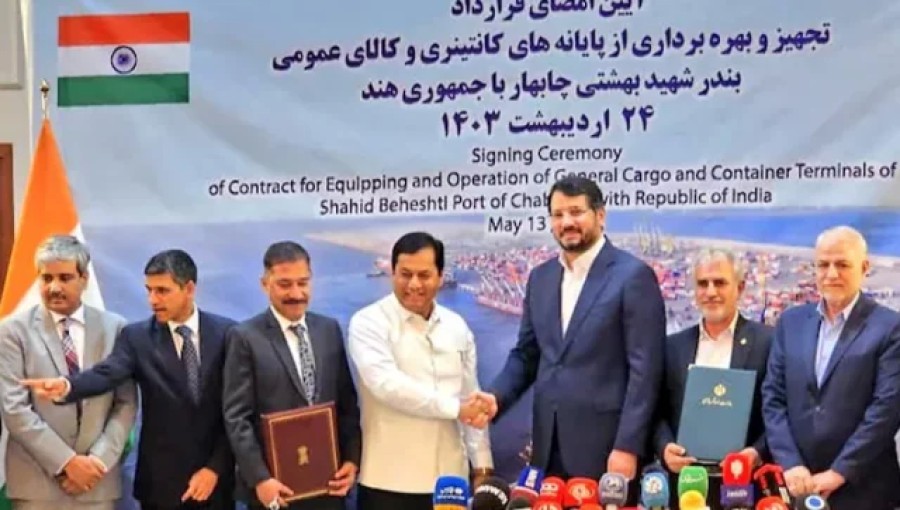






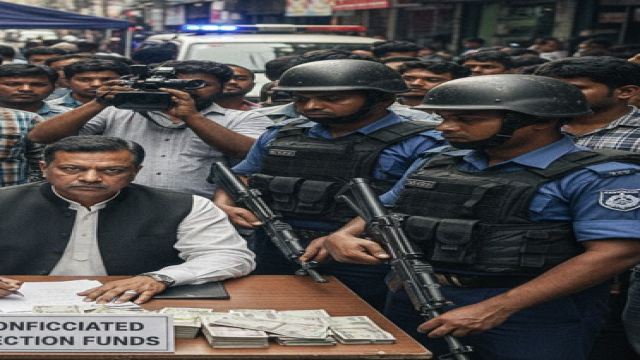




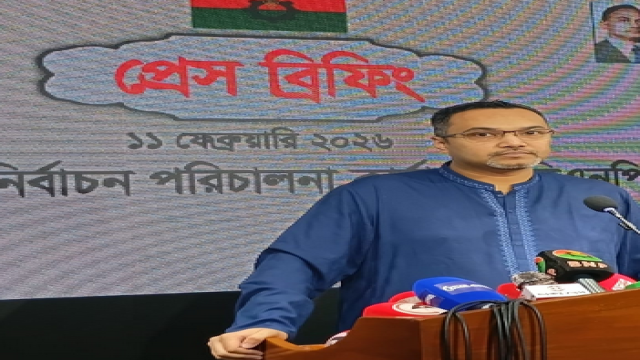
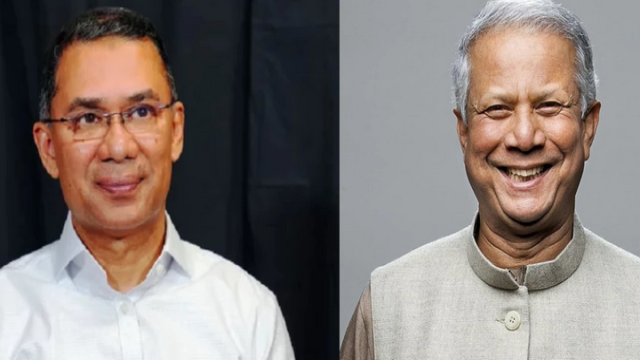
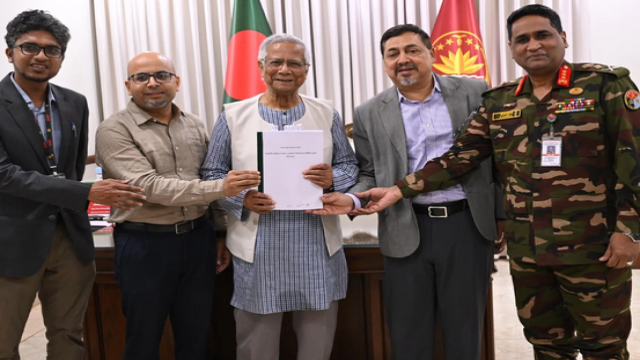
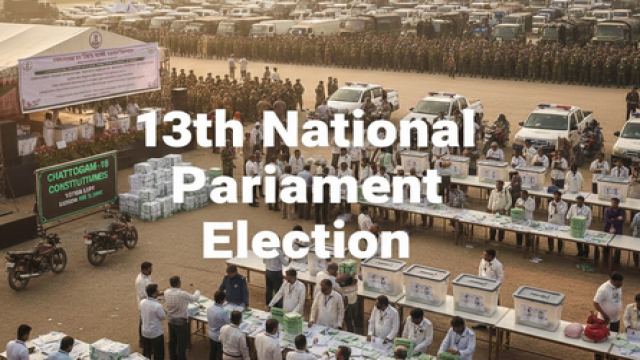
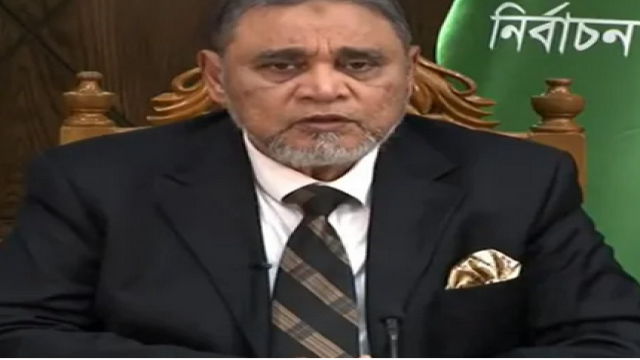











Comment: